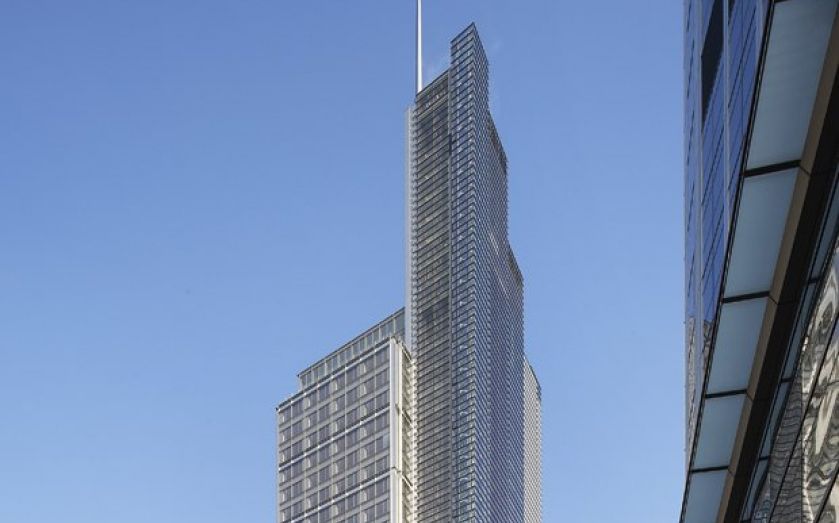Why you should get over Salesforce Tower’s name – it’s good for the City

The proposal to change the name of Heron Tower, one of the tallest buildings in the City of London, to “Salesforce Tower”, has been met by more than its fair share of controversy. People have always been resistant to change, but in this case, many of the objections raised seem to be particularly short-sighted.
First, consider the building’s location. The tower sits at the heart of the City, a worldwide centre of business, finance and (increasingly) technology. Salesforce is an international technology company with a market capitalisation of over $35bn (£20.43bn). Firms such as these make a major contribution to the commercial success of the City, and are just the kind of global companies we should welcome with open arms.
Salesforce already has towers that bear its name in San Francisco and Paris; if London’s financial district is unwilling to allow it to do the same here, what message does that send?
After all, this is hardly anything new: “Heron” and “Salesforce” are both company names, neither of which has any more inherent meaning than the other. Why should one be acceptable and the other not, particularly when both conform to the naming advice set out by the City of London Corporation?
Many buildings are not called by their official names anyway, as 20 Fenchurch Street (the “Walkie Talkie”), 30 St. Mary Axe (the “Gherkin”) and others illustrate. Tenants can also refer to Salesforce Tower by its official street address, 110 Bishopsgate, should they so wish.
This is also not the first time a significant London building has been renamed. The Post Office Tower became the BT Tower; the NatWest Tower became Tower 42; and St Helen’s became the Aviva Tower. Equally, a number of non-office buildings in London have been named after companies in purely commercial naming rights deals, such as the O2 Arena and the Emirates Stadium. The trend is even more prevalent internationally. Insurance company Willis took the naming rights for the former Sears Tower in Chicago for example, and the name remains in spite of Willis not being the largest tenant.
In the case of Salesforce Tower, the building is now 90 per cent let or under offer; Salesforce will be the largest occupant for the foreseeable future, and a discussion around naming rights was always going to be a natural step. Certainly the current naming debate has not dampened the demand for lettings, and the announcement of several new leases is imminent.
To link the name change to having an impact on the London skyline is ludicrous. There will be no change – just one sign inside the lobby, and one on the lift on the way up to the top floor restaurants.
The City of London is an international financial centre where the presence of global corporates should be encouraged and commercial deals celebrated. The City needs to be open to change, and should recognise that Salesforce Tower is good for business.